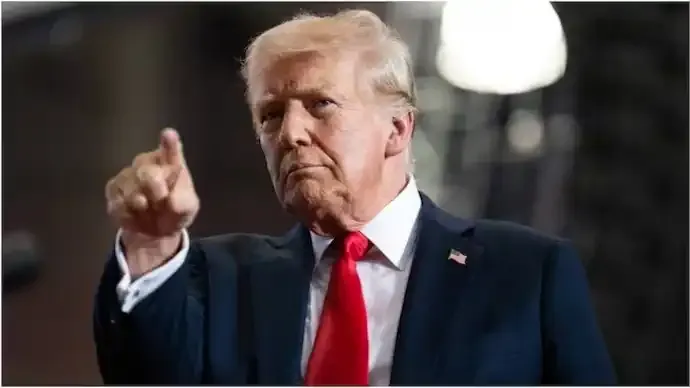Shopping cart
Your cart empty!
Terms of use dolor sit amet consectetur, adipisicing elit. Recusandae provident ullam aperiam quo ad non corrupti sit vel quam repellat ipsa quod sed, repellendus adipisci, ducimus ea modi odio assumenda.
Lorem ipsum dolor sit amet consectetur adipisicing elit. Sequi, cum esse possimus officiis amet ea voluptatibus libero! Dolorum assumenda esse, deserunt ipsum ad iusto! Praesentium error nobis tenetur at, quis nostrum facere excepturi architecto totam.
Lorem ipsum dolor sit amet consectetur adipisicing elit. Inventore, soluta alias eaque modi ipsum sint iusto fugiat vero velit rerum.
Sequi, cum esse possimus officiis amet ea voluptatibus libero! Dolorum assumenda esse, deserunt ipsum ad iusto! Praesentium error nobis tenetur at, quis nostrum facere excepturi architecto totam.
Lorem ipsum dolor sit amet consectetur adipisicing elit. Inventore, soluta alias eaque modi ipsum sint iusto fugiat vero velit rerum.
Dolor sit amet consectetur adipisicing elit. Sequi, cum esse possimus officiis amet ea voluptatibus libero! Dolorum assumenda esse, deserunt ipsum ad iusto! Praesentium error nobis tenetur at, quis nostrum facere excepturi architecto totam.
Lorem ipsum dolor sit amet consectetur adipisicing elit. Inventore, soluta alias eaque modi ipsum sint iusto fugiat vero velit rerum.
Sit amet consectetur adipisicing elit. Sequi, cum esse possimus officiis amet ea voluptatibus libero! Dolorum assumenda esse, deserunt ipsum ad iusto! Praesentium error nobis tenetur at, quis nostrum facere excepturi architecto totam.
Lorem ipsum dolor sit amet consectetur adipisicing elit. Inventore, soluta alias eaque modi ipsum sint iusto fugiat vero velit rerum.
Do you agree to our terms? Sign up

The United States’ decision to impose a steep $100,000 fee on H-1B visa applications has drawn sharp criticism from experts, who warn that the policy could derail America’s long-standing advantage in attracting global talent.
Gautam Mukunda, a Yale scholar, said the move is “economically unsound” and risks driving some of the world’s brightest graduates, especially from India’s Indian Institutes of Technology (IITs), to opportunities in other countries.
“Every nation would compete to secure the best IIT graduates. But America is turning away this global asset for no reason,” Mukunda said.
He also observed that while many American business leaders disagree with the policy, few voice opposition openly, fearing political backlash. He suggested the visa fee hike may serve more as a political distraction than a meaningful reform.
The announcement has triggered mixed responses. On social media, critics argued that the US has long benefited from India’s investment in education, only to turn away talent when it could contribute to innovation. Others noted that tech giants like Microsoft, NVIDIA, and Apple would still pay a premium for top Indian engineers, regardless of higher fees.
Economists, however, caution that such policies could slow US economic growth, as the country’s leading industries — particularly technology, engineering, and healthcare — rely heavily on foreign professionals, with Indians making up around 70–72% of H-1B recipients.
The H-1B program, which provides 85,000 visas annually (65,000 general and 20,000 for advanced degree holders), has been a key driver of American innovation. Experts warn that deterring skilled professionals could undercut industries vital to the economy.
Indian-origin leaders today helm Google, Microsoft, IBM, and other global corporations, while Indian doctors account for nearly 6% of the US physician workforce.
The policy, announced by President Donald Trump, is aimed at reducing dependence on foreign hires and encouraging companies to employ more Americans. But critics stress it may backfire, weakening the very sectors that have long kept the US at the forefront of global competitiveness.
As the debate unfolds, Mukunda and other experts maintain that pushing away global talent undermines one of America’s greatest strengths — its ability to attract and retain the world’s best minds.
3
Published: Sep 25, 2025